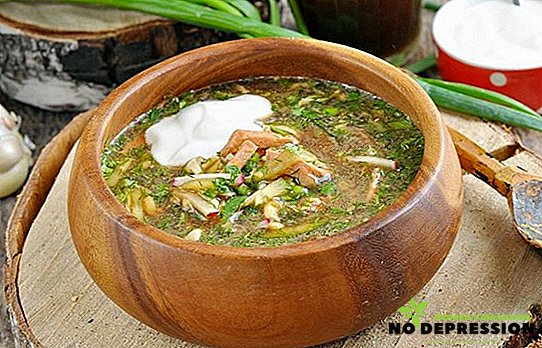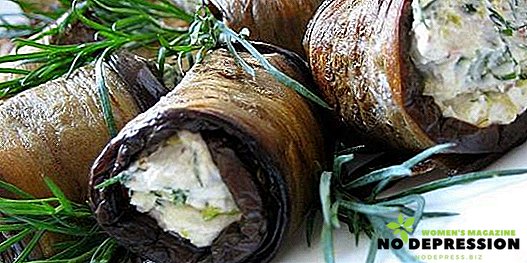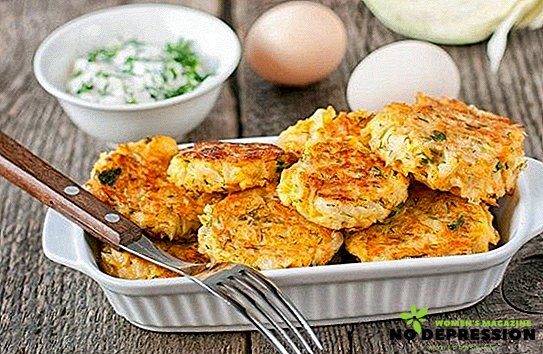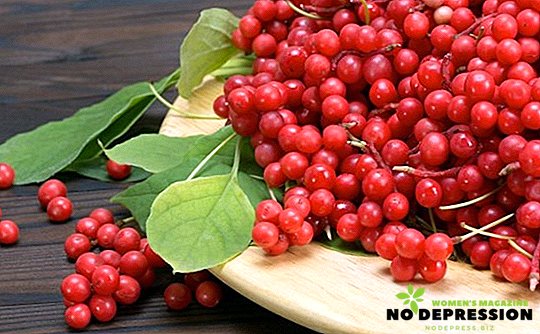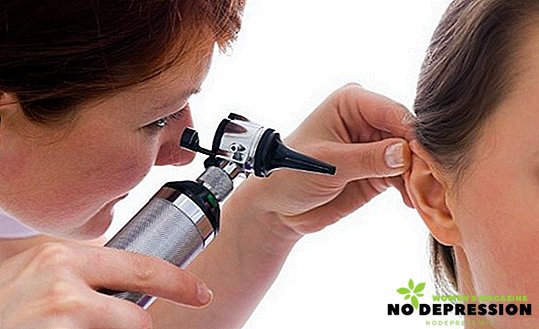Sugar is an important product for humans. He, splitting in the stomach into simple carbohydrates - glucose and fructose, is involved in most of the energy processes in the body. Without it, the implementation of vital activity is impossible, but its excess can also harm. This product is high in calories, and its high content may lead to obesity or other health problems.
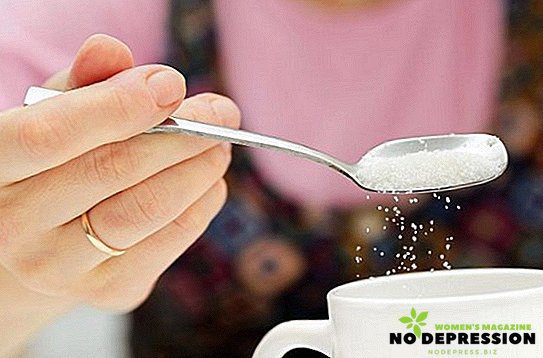
Types of sugar and their calorie content
Sucrose is found in many plants and can be of different species. Depending on its origin, there are differences in caloric content and composition.
The table shows the main types of sugar.
| View | Caloric content (100 g / kcal) | Description | Composition |
|---|---|---|---|
| Beetroot | 362 | White, crystalline | Predominantly glucose |
| Fruit | 399 | Powdered, white, cloyingly sweet | Fructose |
| Reed | 377 | Brown, with molasses flavor | In addition to carbohydrates, vitamins of group B, minerals contain |
| Malt | 362 | Pale yellow, poorly shaped, crumbles | Simple carbohydrates, amino acids, zinc and phosphorus |
|
Maple |
260 | Dark, opaque syrup, viscous uniform | It contains a simple carbohydrate - glucose, and a small amount of iron and calcium. |
|
Palm |
390 | Fine-grained, has a brown color, a pleasant coffee and caramel flavor | In the composition of a minimum of carbohydrates, amino acids are present |
|
Sorgovy |
339 | Syrupy, homogeneous, viscous, transparent | It contains such a simple carbohydrate as fructose in small quantities, it has a certain vitamin composition. |
| Kandirovanny (candice) | 394 | Colorless cubes with a smooth candy surface | Crystallized sugar |
Calorie content of 1 teaspoon of sugar
 The caloric content of all types of sugar is slightly different, so 1 gram of any variety will contain about 4-5 kcal. A standard teaspoon can contain from 5 to 7 g of sugar, from 20 to 28 calories, respectively. Approximately the same amount contains 1 cube of refined sugar.
The caloric content of all types of sugar is slightly different, so 1 gram of any variety will contain about 4-5 kcal. A standard teaspoon can contain from 5 to 7 g of sugar, from 20 to 28 calories, respectively. Approximately the same amount contains 1 cube of refined sugar.
The human body is able to process up to 12 spoons of sugar per day, taking into account the rolling lifestyle. But do not forget that these simple carbohydrates are also found in other foods.
Glycemic Index of Sugars
The glycemic index is an indicator that determines how the sugar content of food consumed affects its rate in the blood.
The glycemic index of glucose is taken as 100, and various types of sucrose range from 70 to 80. These numbers mean that the body spends a minimal amount of energy on splitting and absorbing simple carbohydrates. Therefore, the processing and use of sucrose occurs within half an hour.
What sugar is more useful?
 Contrary to the opinion that natural sugars are beneficial, the difference between their various types is minimal. Both caloric and glycemic index are almost the same, and the content of vitamins and microelements is so small that it is homeopathic.
Contrary to the opinion that natural sugars are beneficial, the difference between their various types is minimal. Both caloric and glycemic index are almost the same, and the content of vitamins and microelements is so small that it is homeopathic.
For example, honey or popular cane sugar is almost 100% sucrose. So, about any useful properties for humans can not be considered.
Sugar consumption
Accurately determine the rate of consumption for a person can not. It depends on age, physiological features and the state of health.
The approximate rate for men is 8 spoons, and for women - 6. Moreover, sugars consumed with other foods are also included in this rate. In the presence of diseases such as diabetes, the absorption of fast carbohydrates is minimized and strictly dosed.
But the modern city dweller has significantly retired from the rate of consumption. During the day, a person can eat up to 17 spoons of sugar through various sauces, soda, sweet desserts. This triggers a rise in blood sugar and health problems.
Calorie Sweeteners

Sweeteners are divided into natural and synthetic. Fructose, sorbitol and xylitol are natural. By calorie content, they are no different from ordinary sugars. And various types of synthetic sweeteners have a small amount of calories and are much sweeter than sugar.
Synthetic sugar substitutes are of several types. These include:
- Acesulfame (E950) - contains 0 calories. A few hundred times sweeter than sucrose. Cheap product, but with long-term use can be harmful to health: cause allergies or intestinal dysfunction.
- Saccharin - refers to zero-calorie budget sweeteners. It is sweeter than sugar more than 400 times, but not safe for humans. With frequent admission provokes the development of malignant tumors in the bladder.
- Asparam is a zero-calorie product, the benefits or harm of which scientists are still arguing. It contains aspartic and finalinovuyu acids, which may adversely affect the body.
Despite the fact that sucrose is the most important supplier of energy in the body, its excess can cause health problems and overweight. There is an approximate rate of use per day, exceed which is undesirable.



